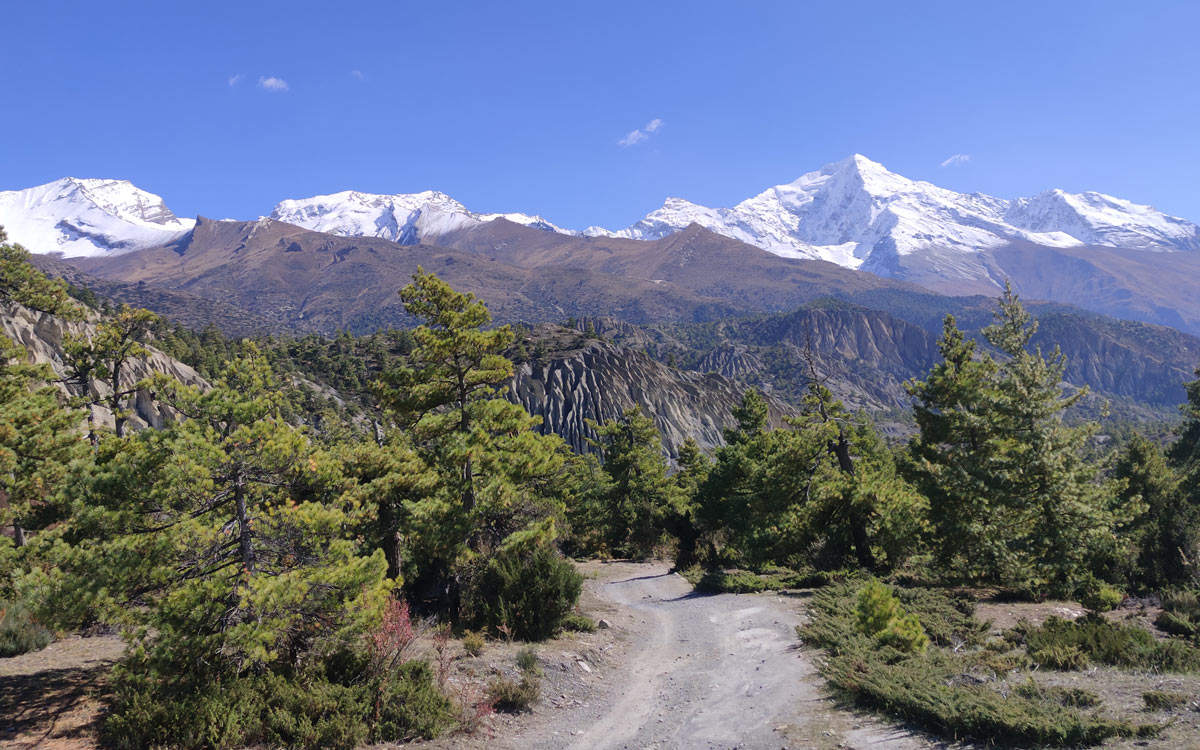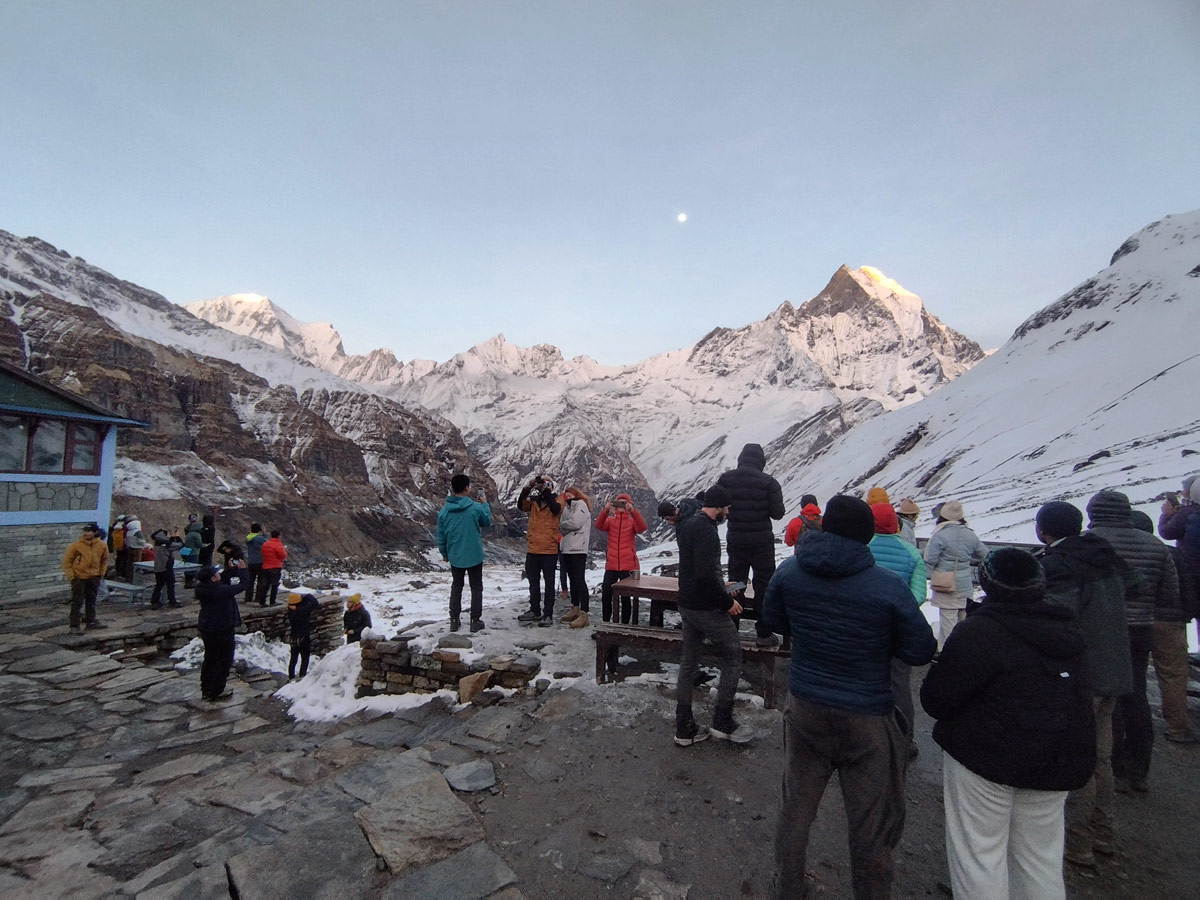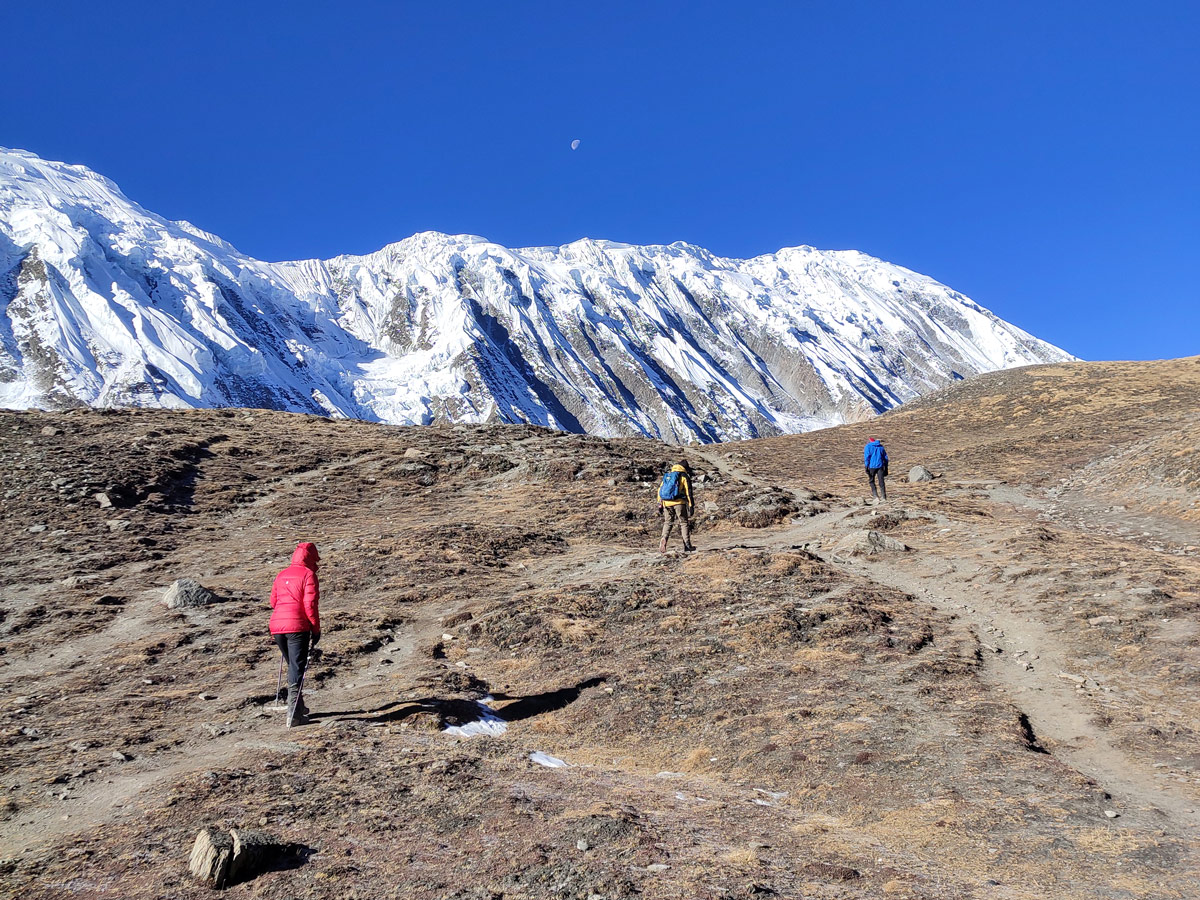If you’re reading this blog, chances are you are passionate about sustainability and responsible travel practices. You want to make a positive impact on the destination and people while travelling and diminish the negative ones. This could be social, cultural, economic or environmental.
When you choose to travel with a tour operator that’s committed to sustainability, you’ll remove a lot of legwork you have to do to ensure that you are making responsible travel decisions. This goes for every detail of your trip, from the place you visit to your activities, to help locals and limit your environmental footprint. Moreover, the choice of a sustainable tour operator could make a lot of difference in the enjoyment of your trip while maximizing the positive impact on your destination.
By travelling with a sustainable tour operator that’s committed to responsible tourism, you can make sure that the money you spend benefits the local community. This might mean staying at local teahouses, trying local cuisines, using local guides, discovering a community village homestay, shop handicrafts to name a few. There are other advantages for you, connecting with local people not only adds an authentic travel experience but also showcases respect for their culture and practices.
With the fast transformation in the tourism industry, many tour operators are implementing responsible tourism and sustainable practices. They are focused on working with local employees, conserving the environment, benefiting local communities, prioritizing animal welfare and other ethical practices.
On the other side, there are tour operators who market themselves as sustainable, responsible without any credentials to support their claims. It is apparent that many businesses label themselves sustainable for tourist attractions but are not implementing in their practice. So, how can travellers select the sustainable tour operators?
Here are the guidelines in this blog that will help you to choose a sustainable tour operator for your next trip.
Look for website
One of the best ways to find information about companies is their website. So, you can look for specific actions on responsible tourism and sustainable practices that a tour operator has carried out on their website.
Check out if the tour operators have emphasized things like actively employing local residents, supporting social causes and projects, contributing insurance for all employees, organizing small group size trips etc. Also, you can examine the company’s policies on sustainable tourism and responsible travel based on their work and that of associated regulatory bodies.
If you’re keen to know more about us, check out our website here.
Look for certification, award or recognition
Certainly, you can look for certifications, awards and recognitions from any reputed organization that ensures the authenticity of a travel company. There are various leading organizations offering sustainable tourism certification schemes for tour operators such as Sustainable Travel International, TourCert, Fair Trade Tourism etc.
You can look for recognitions indicating that a company is associated with, for instance, a certified Leave No Trace or is the member of Travelife which certify highly sustainable tour operators. Likewise, it’s very important to look after trek/climbing guides that include first aid certification if you’re planning for a trek or climbing trip.

Ace the Himalaya is awarded with Travelife certification, the leading international sustainability certification in the travel sector accredited with the U.N supported Global Sustainable Tourism Council (GSTC) criteria, which is the highest global body looking after sustainability in tourism.
Similarly, we are associated with Leave No Trace and Sustainable Travel International, two globally recognized bodies that engage businesses in sustainable practices that contribute to the wellbeing of the communities and environment.
Seek out company that employs local workers and supports locally owned businesses
Working with local employees and local businesses is an important element of being a sustainable tour operator. They actively support local communities by providing employment opportunities or engage with local businesses to uplift their economy while providing an authentic experience for travellers.
Find out if the tour operator has taken measures to employ local residents in the trip. These practices not only create job opportunities but also enrich your travel experiences. You’ll learn more about the place, local culture and products firsthand from the person who lives there.
Look for a travel company that operates tours that include visits to heritage sites or local markets, offer homestays in villages, where you can spend your travel fund contributing to locally owned businesses.
Ace the Himalaya operates treks and tours with local guides from the respective places where the trip is taking place. Our guides are professional, trained and well paid for their services. They have extensive knowledge and experiences about the destination, and are more happy to serve the travellers in their locality.
Likewise, we promote community based tourism that includes homestay trips ( Home Stay Trek (Village to Village 13 Days) and Volunteering trips in rural villages which directly benefit the local community and help in creating opportunities for many people.
Choose organization that gives back to community, empowers women and children
Tourism that focuses on giving back to community and work towards empowering women and children is incredibly important, especially in developing countries like Nepal. As an industry that has been largely male led, the role of women in the tourism workforce remains very limited and traditional, that includes domestic chores in family run businesses, cleaning, cooking etc. After all, supporting women is incredibly relevant to develop tourism and achieve sustainable development goals.

Look for travel companies that work with local NGOs, actively support community projects or focus on empowering women and children. Sustainable tour operators emphasize giving back to the community. They are committed to social causes and contribute economically, culturally and socially in the community.
Ace the Himalaya has partnered with local NGO, Sambhav Nepal, who addresses the urgent and long term needs in the field of health, education, sanitation, empowering women and children of rural mountain communities of Gorkha.
We contribute some percentage of our annual profit each year to Sambhav Nepal as well as organize charity treks to raise funds for supporting their projects. For more information on this NGO or to find out how you can help, please have a look at Sambhav Nepal.
Look for organization’s guides and porter’s policy
When selecting a sustainable trekking company, make sure that you are looking for the organization’s guides and porter’s policy. A responsible tour operator cares about the rights of staff, guides and porters. As guides and porters are the integral part of trekking and climbing activities, a trekking company should ensure safe working conditions and provide enough facilities for them during the trip.
They should be trained, clothed and well paid for their work. Ensure that they are provided with insurance, medical care, weight carrying restrictions, food and accommodation provision during the trek.

Ace the Himalaya ensures safe working conditions of the guides and porters employed on the trip. Our guides and porters receive a standard wage as per the guidelines by the Nepal government. We provide life insurance policy, access to first aid care, standard meals, appropriate clothing and equipment. We make sure that our porters are not carrying weights more than 30 kg during the trip. Learn more about our guides and porters policy here.
Find out company’s environmental and animal welfare policy
While tourism activities offer many benefits to boost the economy, there might be negative impacts on the natural environment if the problems are not addressed properly. A sustainable tour operator takes responsibility to minimise the environmental impacts on the destination.
When organizing trips, they are more concerned about protecting the environment by collecting wastes, avoiding single use plastics, minimizing carbon offsetting etc. Likewise, a responsible travel company is more concerned about animal welfare and does not offer animal activities with captive wildlife.

When looking for a sustainable company, ask them about their environmental as well as animal welfare policies. Find out how they are reducing single use plastics and managing wastes during the trip. Usually, do a little more research to find out how they are addressing environmental impacts as well as animal tourism activities. Look for more transparency or any implementation of their work on their website. Moreover, find out how the organization supports animal activities in the trip.
Ace the Himalaya supports non-plastic initiatives by minimizing the usage of single-use plastic in our trips. We suggest our clients bring their own water bottle and reusable bags during the trek as plastic is a huge issue in Nepal especially in the mountain areas.
We strongly follow the 3R i.e reduce, reuse and recycle in our trip. Our guides and porters regularly collect the garbage from the trekking and climbing areas and dispose of them in respective dumping areas. We are associated with Kathmandu Environmental Education Project (KEEP), a registered NGO who are promoting sustainable tourism and provide training on environmental conservation.
Likewise, we avoid any type of animal activities that includes physical interaction with animals during the tours. For instance, we remove elephant rides from our tours. Instead we organize jeep safari where travellers can get to the jungle to see animals in their natural habitats.
In a nutshell, sustainable tourism is all about considering positive as well as negative impacts that travel has on the environment, society and economy. While choosing a sustainable tour operator is a great start, of course it doesn’t end here. Besides choosing a sustainable tour operator, a traveller has an additional personal responsibility to make his/her travel as sustainable as possible to minimize overall impact on tourism.





